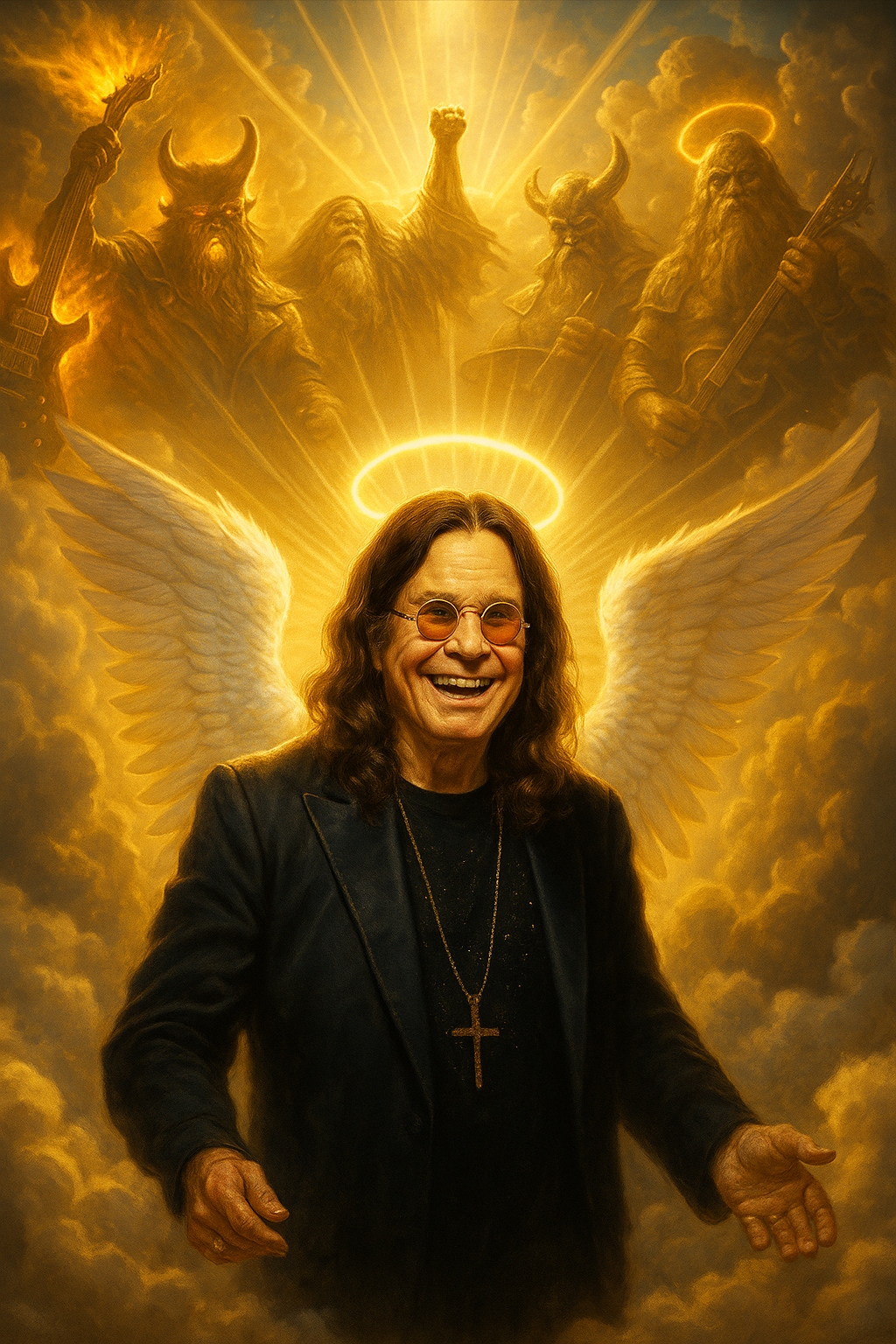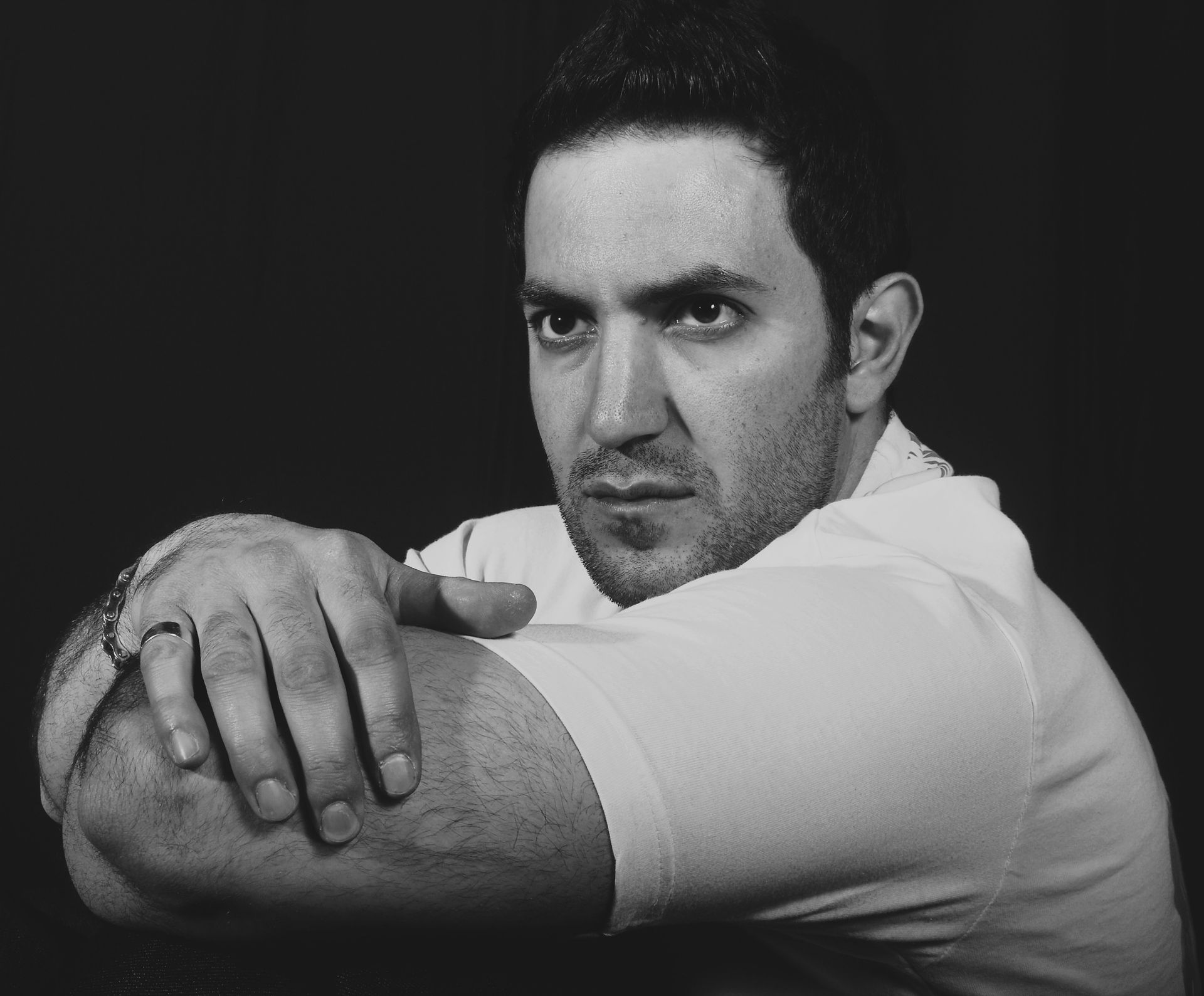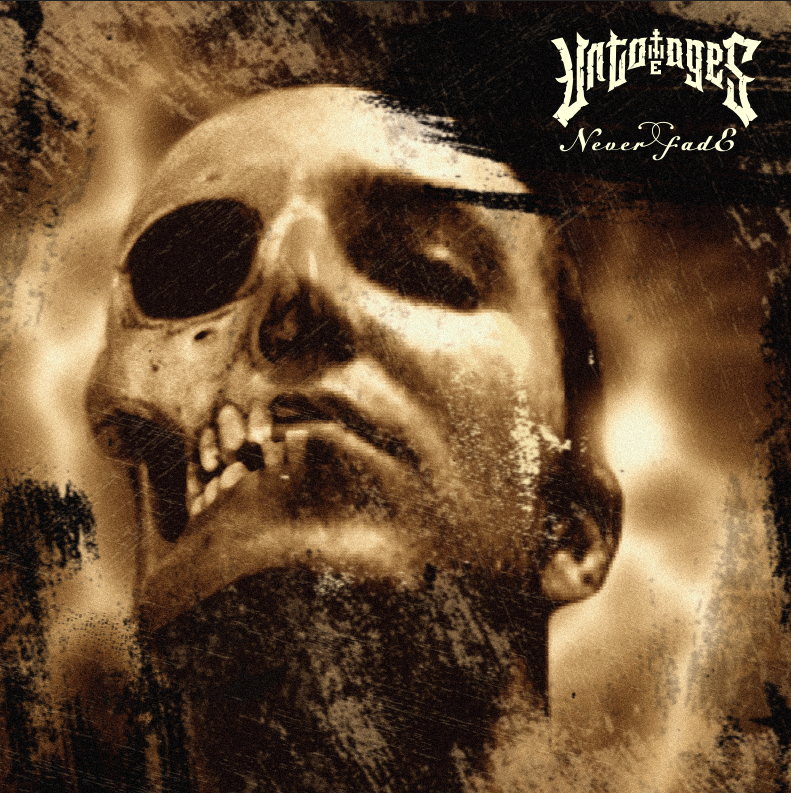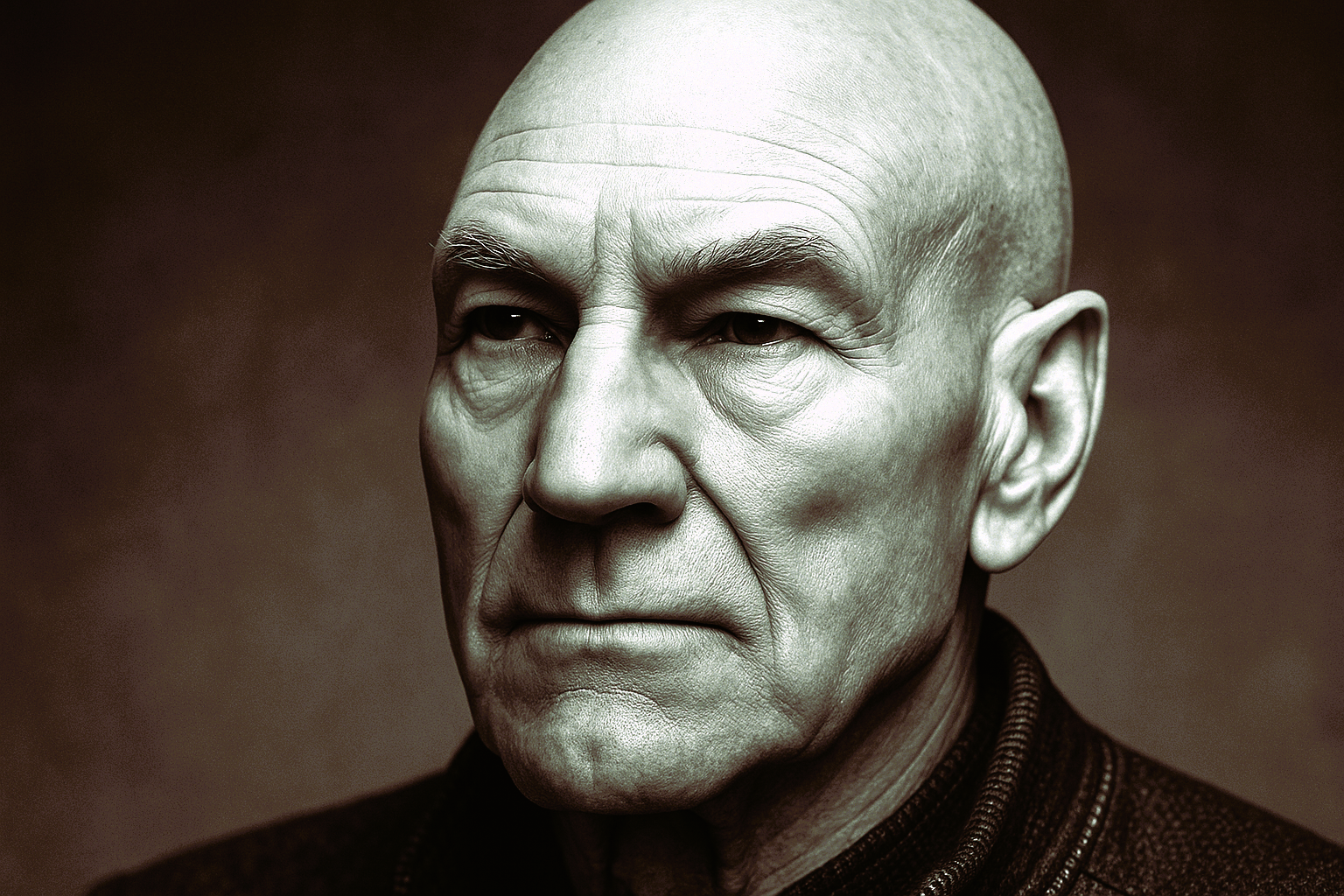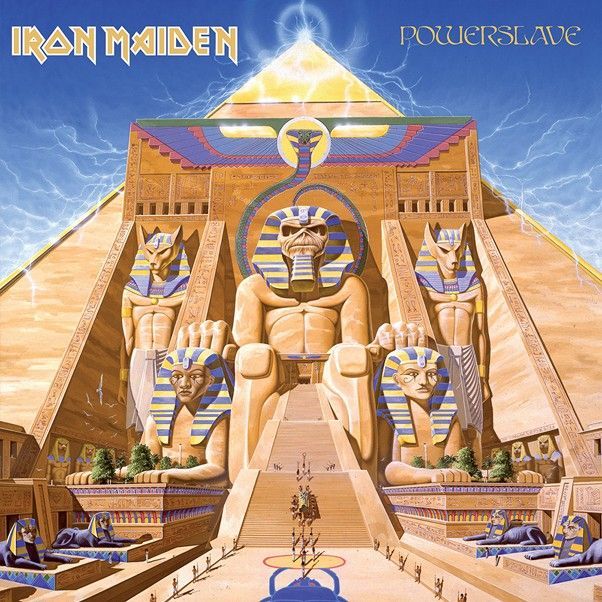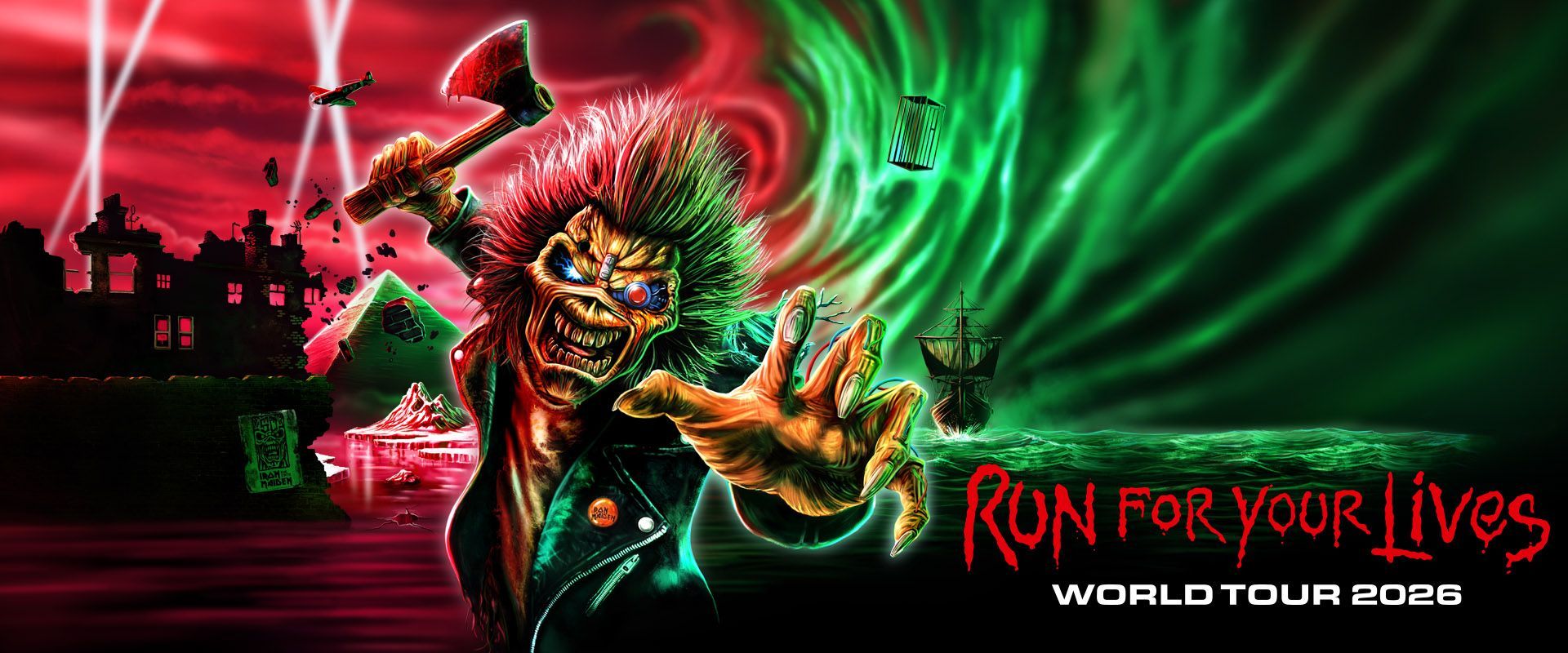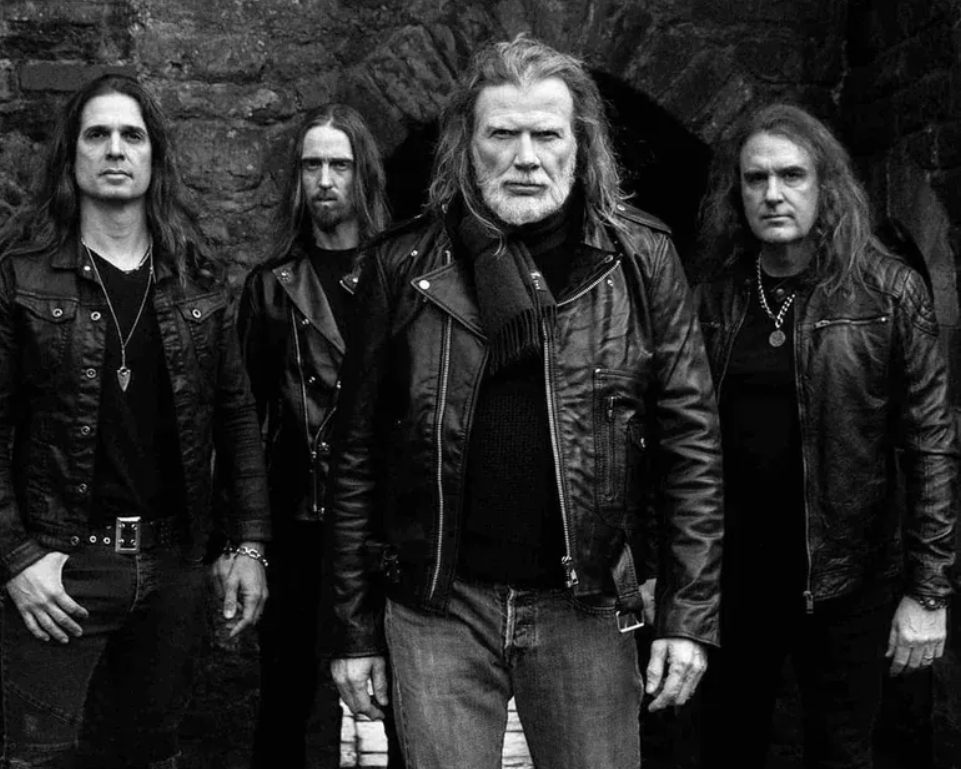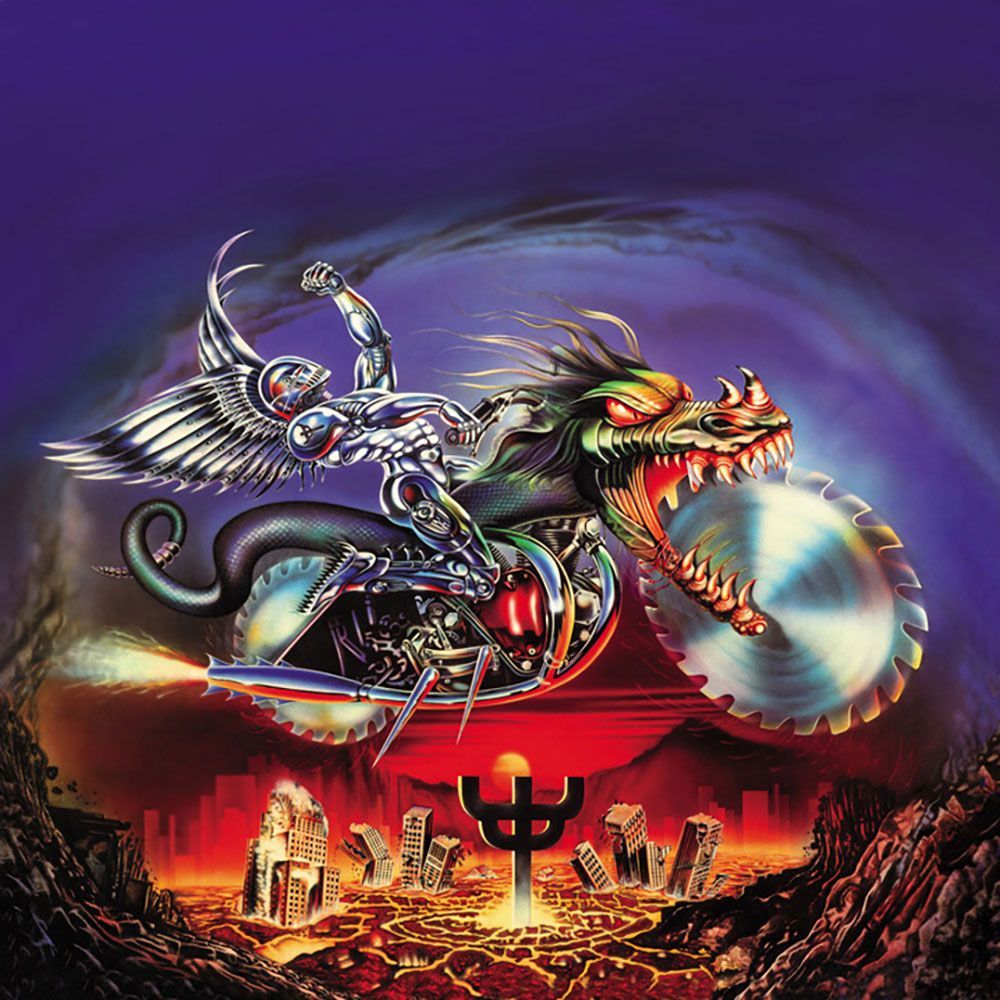Farewell to the Prince of Darkness
Looking Back On A Life Forged In Metal
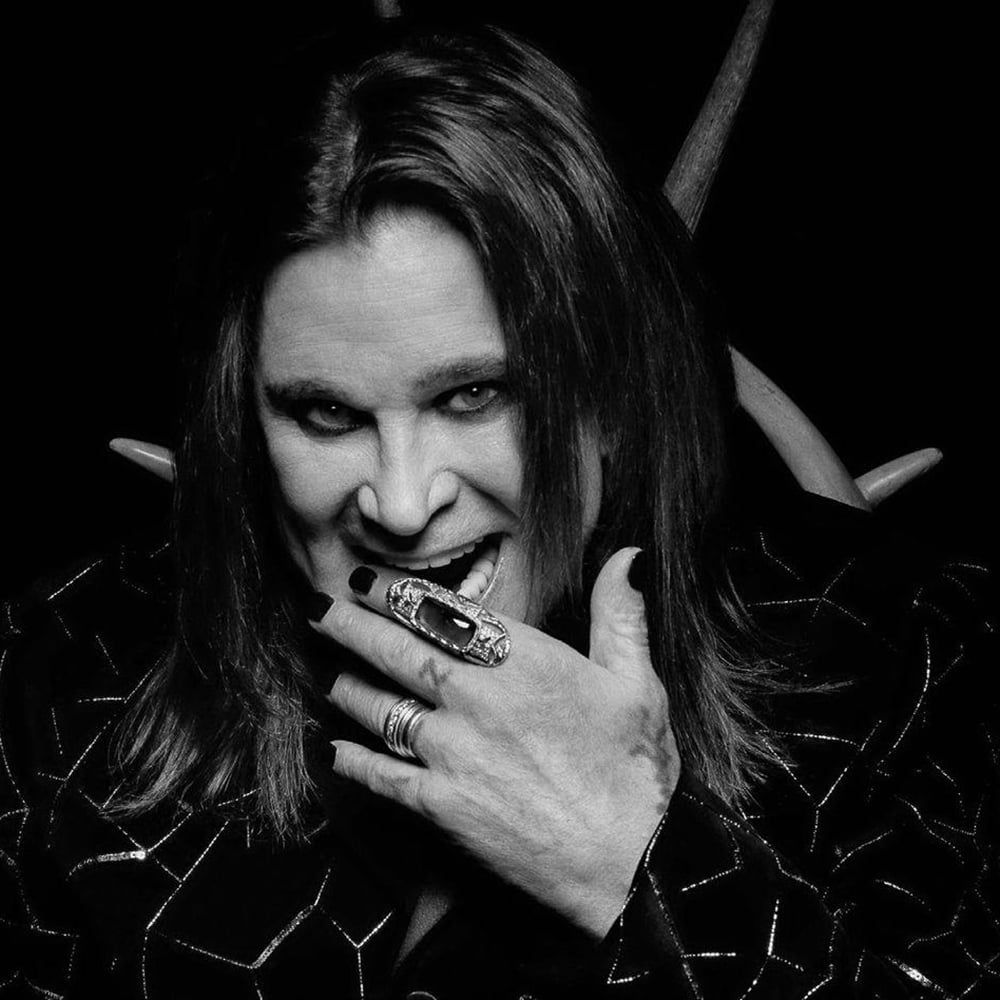
Forged in the primordial smog of Birmingham, United Kingdom, Ozzy Osbourne, often hailed as the "Prince of Darkness," is more than just a legendary figure in the world of rock and heavy metal – he is considered a demi-god and founder of the movement. Rising to fame in the early 1970s as the lead vocalist of Black Sabbath, Osbourne helped pioneer the heavy metal genre with dark, powerful music that broke new ground. His distinctive voice, wild stage presence, and rebellious persona made him an icon. After leaving Black Sabbath, he launched a highly successful solo career, producing classic albums like Blizzard of Ozz and Diary of a Madman. With a career spanning over five decades, Ozzy remains a symbol of rock defiance and creativity, earning his place as one of the most influential and enduring figures in music history.
Early Life and Rise to Fame
Ozzy Osbourne was born John Michael Osbourne on December 3, 1948, in Birmingham, England — a gritty industrial city that would later influence the dark, heavy sound of his music. Raised in a working-class family, Ozzy struggled in school due to undiagnosed dyslexia and found himself drawn to music and performance from a young age. Inspired by The Beatles, particularly their song “She Loves You,” Ozzy realised he wanted to become a musician.
In 1968, he joined forces with guitarist Tony Iommi, bassist Geezer Butler, and drummer Bill Ward to form a band originally called Earth. They soon changed their name to Black Sabbath, drawing inspiration from horror films and the occult. Black Sabbath dropped their self-titled debut album in 1970, with its dark, doom-laden riffs and eerie atmosphere - a stark contrast to the psychedelic rock dominating the charts at the time.
Black Sabbath's music, with its raw, heavy sound, accompanied by themes of darkness, war, and social unrest literally paved the way for what would become the heavy metal genre. Albums like Paranoid from 1970, Master of Reality from 1971, and Vol. 4 which came out in 1972 all contributed to forming their groundbreaking sound. Ozzy’s haunting vocals and unpredictable stage presence became central to the band's identity, earning him a reputation as one of rock’s most compelling frontmen.
Through Black Sabbath, Ozzy Osbourne helped spark a musical revolution, turning heavy metal from an underground curiosity into an immense global movement.
Solo Career and Challenges
After parting ways with Black Sabbath in 1979 due to internal tensions and substance abuse issues, Ozzy Osbourne launched a solo career that would cement his status as a rock legend. Teaming up with guitarist Randy Rhoads, he released his debut solo album, Blizzard of Ozz in 1980, which featured hit tracks like "Crazy Train" and "Mr. Crowley." The album was a massive hit, showcasing Ozzy’s ability to thrive outside of Sabbath and helping to push heavy metal into the mainstream.
His 1981 follow-up album, Diary of a Madman further elevated his solo career. However, tragedy struck in 1982 when Randy Rhoads died in a plane crash, a devastating blow to Ozzy both personally and professionally. Despite this loss, Ozzy continued releasing successful albums throughout the '80s and '90s, including Bark at the Moon, No Rest for the Wicked, and No More Tears, featuring hits like "Mama, I’m Coming Home."
Ozzy’s solo career wasn't without its challenges however: He battled with substance abuse for decades, earning a reputation for outrageous and often self-destructive behaviour. Despite many attempts at rehabilitation and a string of relapses, he managed to keep producing music and touring extensively.
In later years, Ozzy faced serious health issues, including a Parkinson’s disease diagnosis in 2020 and multiple surgeries following a fall that aggravated a previous spinal injury. These struggles forced him to scale back on touring, but Ozzy remained musically active and resilient. 2020 saw the release of
Ordinary Man which was followed by
Patient Number 9 in 2022 to critical acclaim.
The Osbournes and Its Pop Culture Impact
In 2002, Ozzy Osbourne and his family stepped into an entirely new spotlight with the launch of the reality TV show The Osbournes on MTV. The show offered an unfiltered, often hilarious look into the chaotic domestic life of Ozzy, his wife and manager Sharon, and their children, Jack and Kelly. It was one of the first reality shows of its kind, blending rock stardom with everyday family dysfunction in a raw, relatable way.
Viewers were fascinated by the contrast between Ozzy’s legendary status as a heavy metal icon and his often bewildered, mumbling persona at home. His attempts to navigate ordinary tasks while surrounded by barking dogs, teenage drama, and Sharon’s sharp wit made the show a massive hit.
The Osbournes became a cultural phenomenon, drawing millions of viewers and winning a Primetime Emmy Award for Outstanding Reality Program. It not only redefined celebrity reality TV but also introduced Ozzy to a whole new generation of fans. The show helped humanise him, showing a softer, more humorous side that contrasted sharply with his dark stage persona.
In many ways, The Osbournes paved the way for the reality TV boom of the 2000s, influencing countless shows that followed. It also reinforced the Osbourne family’s place in pop culture, proving that Ozzy’s appeal extended far beyond music.
Through
The Osbournes, Ozzy became more than a rock star — he became a household name. The show humanised him and introduced him to millions who may never have listened to his music. It bridged the gap between metal culture and mainstream audiences.
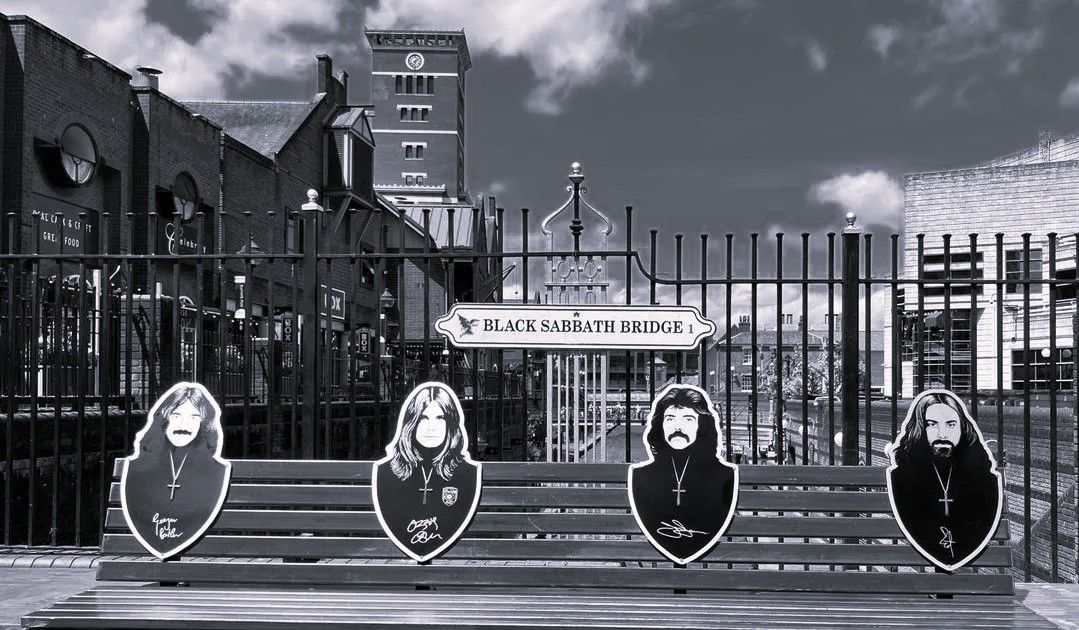
Ozzy Osbourne’s Enduring Legacy
Ozzy Osbourne's legacy is nothing short of monumental. From his groundbreaking work with Black Sabbath, which helped give birth to heavy metal, to his wildly successful solo career and influence across multiple generations, Ozzy has left an indelible mark on the music industry.
A Pioneer of Heavy Metal
Ozzy didn't just perform heavy metal — he helped invent it. With Black Sabbath’s ominous sound, dark themes, and raw power, he redefined rock music in the 1970s. Songs like "Paranoid," "War Pigs," and "Iron Man" remain anthems of rebellion and angst, forming the backbone of modern metal.
A Solo Icon
His solo work further proved his creative genius. With albums like
Blizzard of Ozz and
No More Tears, he showed he could stand on his own — blending theatricality, emotion, and pure sonic energy. Tracks like “Crazy Train” and “Mama, I’m Coming Home” have become timeless staples of rock radio and live performances.
A Story of Survival
Perhaps most powerful is Ozzy’s resilience. He overcame decades of substance abuse, personal tragedy, and severe health issues, including a Parkinson’s diagnosis and spinal surgeries, yet continued to perform, create, and inspire. His final performance at
Back to the Beginning in 2025 was both a celebration and a farewell, showing the depth of love and respect he commands from fans and peers alike.
Global Influence
Ozzy's music has influenced countless artists across genres — from
Metallica and
Slipknot to
Post Malone and beyond. His style, sound, and spirit continue to echo in today’s music. Generations of fans around the world look to him not just as a musician, but as a symbol of perseverance, rebellion, and authenticity.
Ozzy’s return to the stage
Back to the Beginning was historic, deeply emotional, and celebratory. Despite physical limitations, his performance embodied the spirit of resilience that defined his career. Alongside his bandmates, he bid farewell not just to live performance, but to an entire era of rock and metal history. Fans and critics alike saw the show as a fitting, grand tribute to one of music’s most enduring icons.
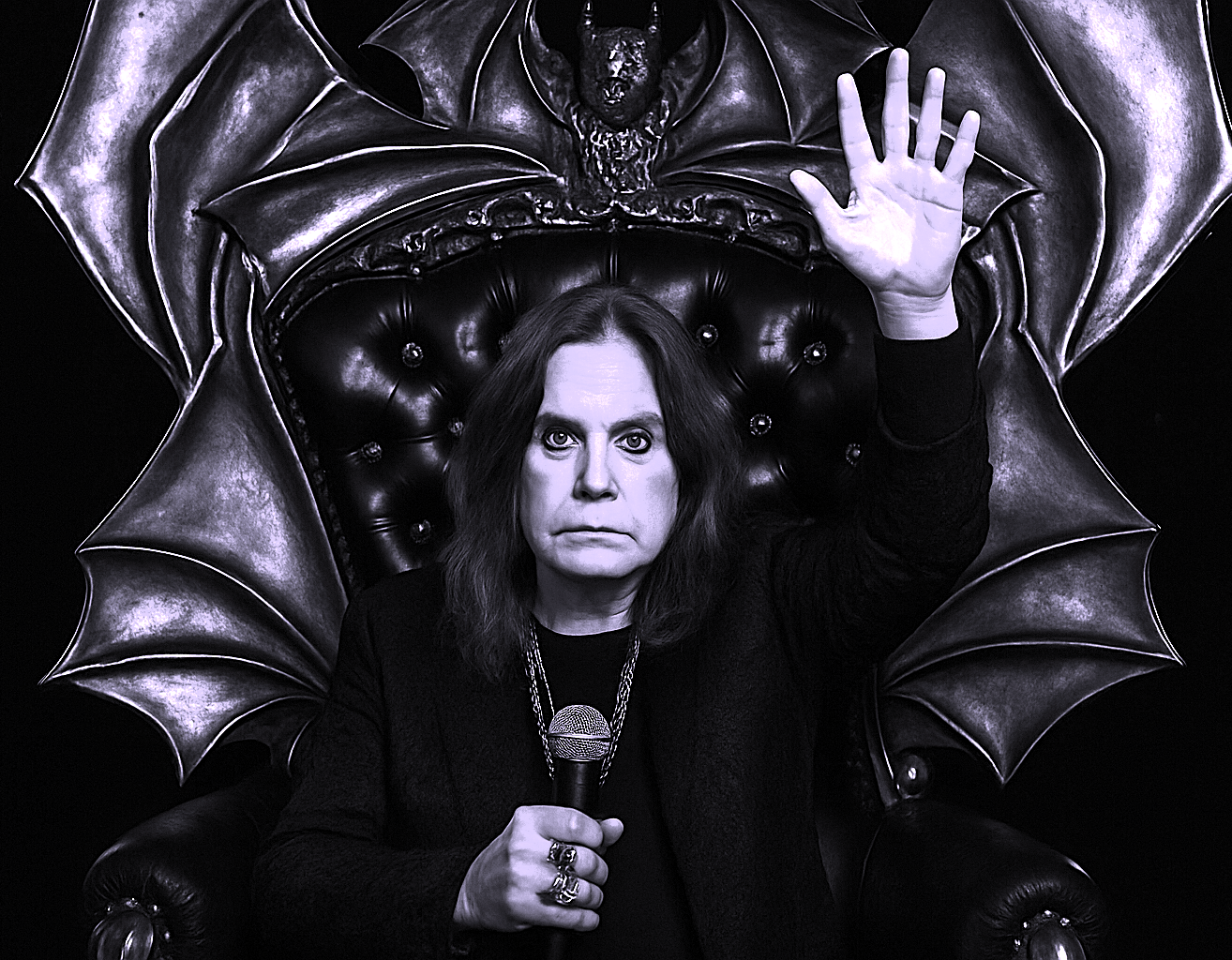
Ozzy’s Enduring Legacy
Ozzy Osbourne’s legacy isn’t just written in record sales or awards — it's carved into the heart of rock and metal culture. He is a testament to the power of music to transcend pain, defy expectations, and unite people across generations. Through the triumphs and trials, Ozzy Osbourne’s life has been a testament to his enduring spirit, musical brilliance, and unshakable bond with fans around the world. Thank you Ozzy, for the laughs, the music, the madness and the legacy!
It is with both a heavy heart and immense pride that we now say:
Farewell to the Prince of Darkness. 🖤
